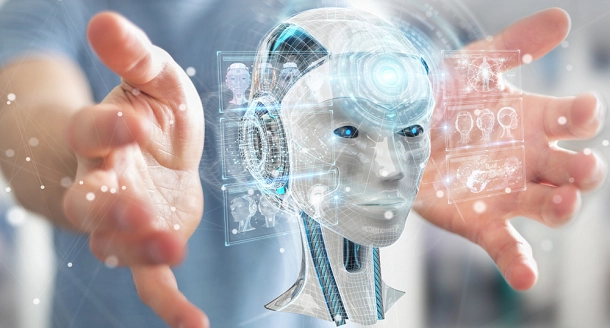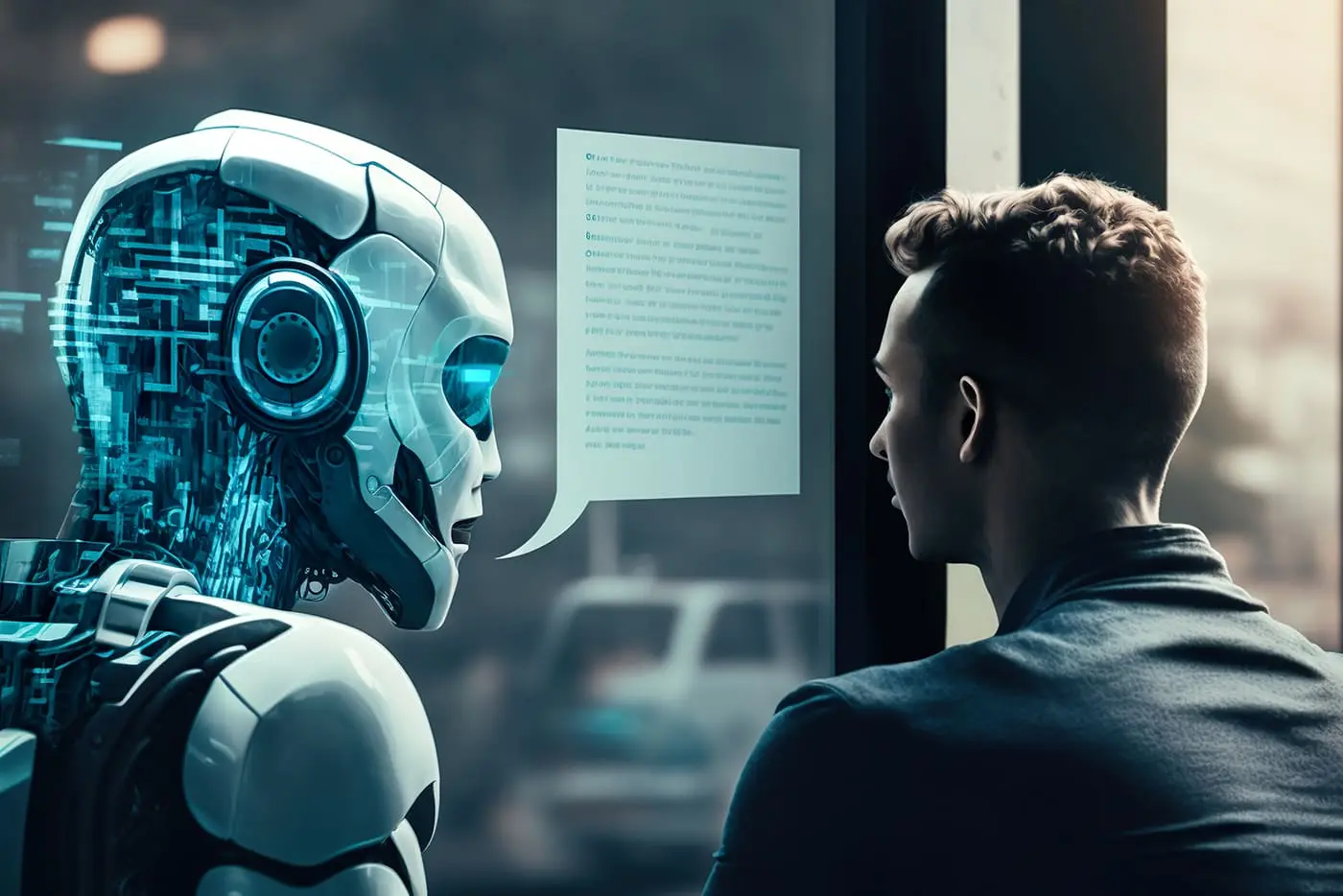
The Future of AI: How Artificial Intelligence is Transforming the World. We live in an age when AI is taking over jobs that were once performed by humans. According to McKinsey Global Institute, AI will eliminate 800 million jobs by 2030. Because robots will not require payment, AI-driven companies will make all the profits. It’s also possible that autonomous vehicles will use to deliver and explode bombs or track the movement of human beings.
Reinforcement learning
Reinforcement learning is the technique used to train an agent to perform a task using its past experience. Its applications range from robots and autonomous vehicles to traffic control. It is also used for distributed resource management, helping a system achieve its goals. It is also being used to help businesses and marketers create personalized content for their customers and users. It can also be used to create recommendation systems, based on user preferences.
Generative adversarial networks
GANs are a promising AI method that mimics the rivalry between two neural networks. The generator produces realistic outputs and the discriminator evaluates the artificial ones against real ones. Ultimately, the two networks come to a consensus on the best output and the discriminator refines the parameters of the new image generation. It is the feedback loop between these two neural networks that help the technology improve.
General AI
Artificial intelligence is a technology with enormous potential that is already having a huge impact on our lives, society and the business world.Machine Learning Technology Helps to Improve the Quality of AI Software.It is poised to change our world, with both positive and negative impacts. While we may not realize it, general AI can perform superhuman tasks and even demonstrate superior creativity. For example, the Toyota Prius autonomously completed 10 100-mile journeys, setting society on the road towards driverless cars. IBM Watson, an artificial intelligence system that uses analytics and natural language processing to answer human questions, won the US quiz show Jeopardy! in 2011 by displaying superior creative skills and answering human-style questions in mere fractions of a second.
AI renaissance in the late 1990s through today
The AI renaissance from the late 1990s through today is a period of renewed interest in technology. The 1990s saw a new focus on AI, and the notion of an intelligent agent was introduce. In simple terms, it represented a system capable of performing tasks such as web search and online shopping. These technologies have since become essential to our daily lives. But while AI is a fast-growing field, it is still quite difficult to find enough resources to support it.
Impact on healthcare
AI has huge potential for improving healthcare services and reducing costs. The rise in the population is predict to increase the demand for health services. To meet this demand, healthcare services will need to find new and innovative ways to help patients and improve patient care. AI has the potential to do just that. It can improve disease management and coordinate care plans by scanning health records for patterns of recurring ailments. However, the impact of AI on health care is still unknown.
Impact on banking
Artificial intelligence (AI) is poise to revolutionize banking. Increasing numbers of millennials and Gen Zers are shunning traditional channels and moving toward digital alternatives. This trend is prompting FIs to boost their AI and IT budgets. While many younger consumers prefer digital channels, almost one-third of millennials never visit a branch. Hence, AI-driven decisions will be a key element in a successful bank.
Impact on transportation
The transportation industry is currently experiencing major changes as more technologies are being adopt. The latest developments include the integration of various software applications and the web. Despite these improvements, transportation still presents many challenges, including safety, reliability, and efficiency. While transportation is an important aspect of modern society, accidents and miscalculations can still occur. AI technology can help predict and mitigate such problems. For instance, AI systems can help improve public safety by tracking crime data. This can increase police efficiency and effectiveness.
Author Bio
Jesse Pinkman is a research-based content writer, who works for Cognizantt, a globally recognised wordpress development agency uk and Research Prospect, a Tjenester til at skrive afhandlinger og essays. Jesse Pinkman holds a PhD degree in mass communication. He loves to express his views on a range of issues including education, technology, and more.


